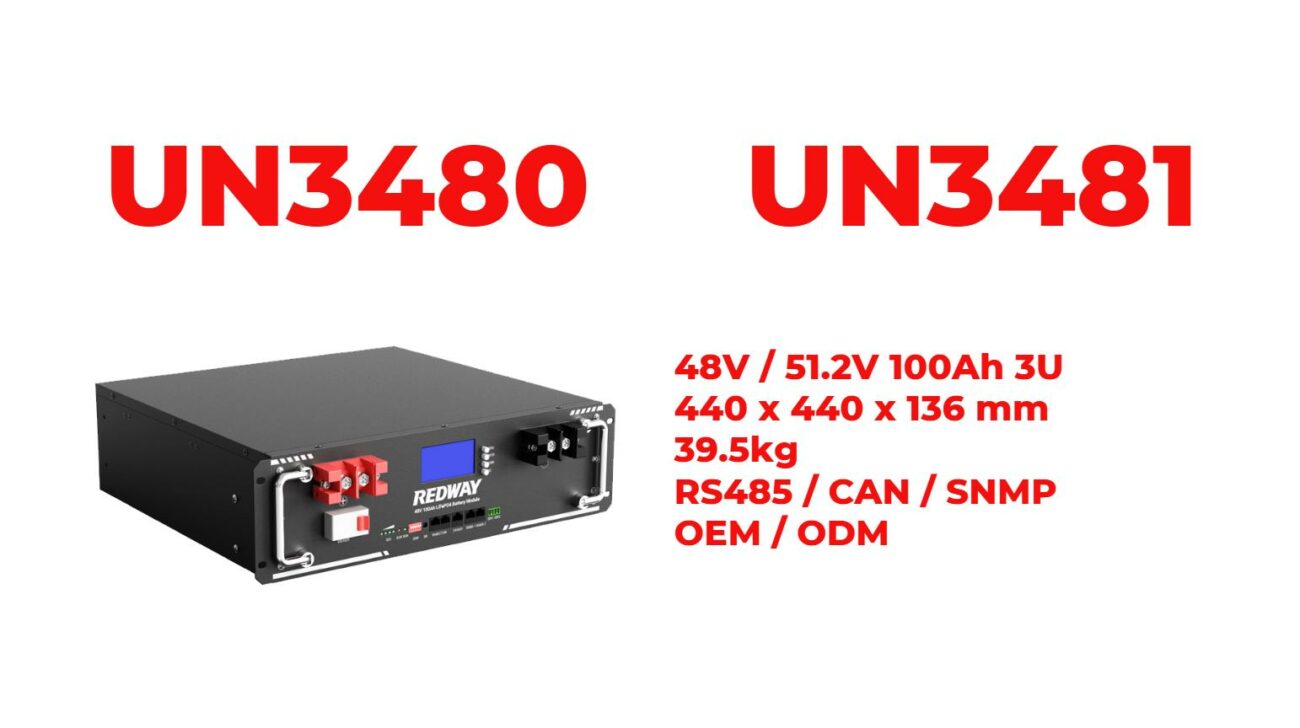How UL 2580 Ensures Safety and Performance of Electric Vehicle Batteries
UL 2580 is a critical standard that ensures the safety and performance of lithium-ion batteries used in electric vehicles (EVs). This standard provides guidelines for testing, evaluating, and certifying batteries to minimize risks such as overheating, fires, and other hazards. Understanding UL 2580 is essential for manufacturers and consumers alike.
What is UL 2580 and its significance for electric vehicle batteries?
UL 2580 is a safety standard established by Underwriters Laboratories (UL) specifically for electric vehicle batteries. It outlines comprehensive requirements that address safety, performance, and reliability during the lifecycle of lithium-ion batteries. The significance of UL 2580 lies in its role in ensuring that batteries can withstand various operational stresses while providing safe energy storage solutions.Chart: Overview of UL 2580
| Feature | Description |
|---|---|
| Safety Focus | Addresses risks associated with lithium-ion batteries |
| Performance Standards | Ensures reliable operation under various conditions |
| Comprehensive Testing | Involves rigorous assessments to mitigate hazards |
How does UL 2580 ensure battery safety and performance?
UL 2580 ensures battery safety and performance through a series of rigorous tests that evaluate various factors:
- Electrical Safety: Tests assess how batteries handle overcharging, short circuits, and electrical interference.
- Thermal Management: Evaluates the battery’s ability to manage heat during operation to prevent thermal runaway.
- Mechanical Integrity: Tests determine how well batteries withstand impacts, vibrations, and other physical stresses.
These evaluations help identify potential hazards before products reach consumers.Chart: Testing Procedures Overview
| Testing Aspect | Purpose |
|---|---|
| Electrical Safety | Assesses response to electrical faults |
| Thermal Management | Prevents overheating and ensures stability |
| Mechanical Integrity | Evaluates durability against physical impacts |
Why is compliance with UL 2580 important for manufacturers?
Compliance with UL 2580 is crucial for manufacturers because it:
- Enhances Product Credibility: Certification provides assurance that products meet high safety standards.
- Reduces Liability Risks: Meeting safety requirements helps minimize the risk of accidents or malfunctions.
- Increases Marketability: Products with a UL mark are more attractive to consumers who prioritize safety.
Manufacturers that comply with UL standards can gain a competitive edge in the marketplace by demonstrating their commitment to quality and safety.Chart: Benefits of Compliance
| Benefit | Description |
|---|---|
| Enhanced Credibility | Builds trust with consumers |
| Reduced Liability Risks | Minimizes potential legal issues |
| Increased Marketability | Attracts safety-conscious customers |
What are the key requirements of UL 2580 for lithium-ion batteries?
Key requirements of UL 2580 include:
- Material Safety: Use of non-toxic, flame-retardant materials in battery construction.
- Electrical Testing: Ensuring that batteries can handle specified voltage and current levels without failure.
- Environmental Resistance: Batteries must withstand environmental factors such as humidity and temperature fluctuations.
- Endurance Testing: Batteries should maintain performance over extended periods and under repetitive cycling.
These requirements help ensure that lithium-ion batteries are safe for use in electric vehicles.Chart: Key Requirements Overview
| Requirement | Description |
|---|---|
| Material Safety | Non-toxic materials used |
| Electrical Testing | Handles specified voltage/current |
| Environmental Resistance | Withstands humidity/temperature changes |
| Endurance Testing | Maintains performance over time |
How does the certification process for UL 2580 work?
The certification process for UL 2580 involves several steps:
- Application Submission: Manufacturers submit their battery designs along with specifications to UL.
- Testing Phase: The submitted products undergo extensive testing based on relevant safety standards.
- Evaluation: Test results are assessed against established criteria.
- Certification Issuance: If compliant, manufacturers receive a certificate allowing them to use the UL mark on their products.
This thorough process ensures that only safe and reliable products reach consumers.Chart: Certification Process Steps
| Step | Description |
|---|---|
| Application Submission | Submit product details for evaluation |
| Testing Phase | Conduct tests based on applicable standards |
| Evaluation | Assess test results against compliance criteria |
| Certification Issuance | Issue certificate upon successful evaluation |
Industrial News
The electric vehicle industry is rapidly evolving, with increasing emphasis on battery safety standards like those outlined in UL 2580. Recent advancements focus on enhancing testing methodologies to better assess battery performance under extreme conditions. Manufacturers are also investing in research to develop safer battery technologies that comply with stringent regulations, ensuring consumer confidence in electric vehicles.
Expert Views
“UL 2580 plays a pivotal role in ensuring the safety of electric vehicle batteries,” says Dr. Lisa Reynolds, an expert in energy storage systems. “By adhering to these standards, manufacturers not only protect consumers but also enhance the overall reliability of their products.”
FAQ Section
What is UL 2580?
UL 2580 is a safety standard developed by Underwriters Laboratories specifically for lithium-ion batteries used in electric vehicles.
Why is compliance with UL 2580 important?
Compliance ensures that batteries meet rigorous safety standards, reducing risks associated with failures while enhancing consumer confidence.
What key requirements must lithium-ion batteries meet under UL 2580?
Key requirements include material safety, electrical testing, environmental resistance, and endurance testing.

